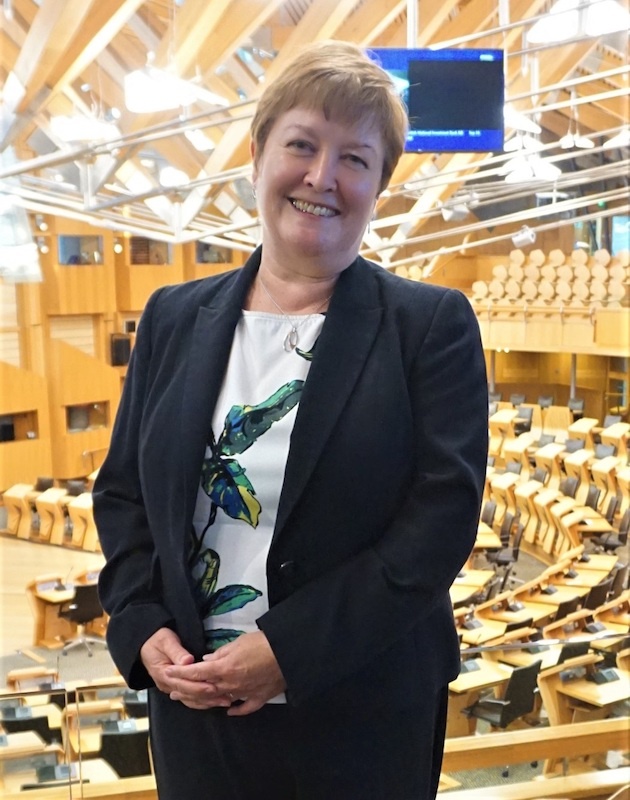Without action from the Scottish Government to protect the incomes of the most vulnerable, the already wide gulf in household wealth risks becoming a yawning chasm due to the coronavirus crisis, Scottish Labour has said today.
A report published today by the Resolution Foundation has underlined the potential for the coronavirus crisis to greatly exacerbate already existing inequalities in household wealth, particularly between those who can work from home and those employed in ‘shut down’ industries.
The report states:
The typical worker able to work from home had £4,700 in net financial wealth in 2016-18 (on a family per-adult basis, in 2019-20 prices), two and a half times more than the typical worker in a shut-down sector (who had £1,900).
Those able to work from home are also less likely to worry about making ends meet in the event of their main income source drying up: 17 per cent were worried about a stoppage of a month, compared to 24 per cent of workers in shut-down sectors.
With much of the economy closed down, high-income families have been unable to continue their previous consumption patterns.
This has led to ‘forced’ saving, improving their net worth: over one-third of the richest fifth saw their savings increase in the first months of the crisis.
By contrast, lower-income working-age families are more likely to have seen the amount they save each month fall during the lockdown, with one-third of those in the second income quintile doing so (and 22 per cent cutting their saving by more than 10 per cent).
Lower-income households are also more likely to have taken on extra debt to cope during the crisis, with a quarter of the second income quintile reporting taking on extra consumer credit, twice as many as among high-income families.
Lower-income families are particularly likely to have increased their use of high-cost products like credit cards and overdrafts.
Lower-income families have also turned to informal loans and gifts from friends and family to make ends meet, which in many cases will not represent a sustainable income source.
Commenting, Scottish Labour spokesperson for the eradication of poverty and social inequality, Rhoda Grant (pictured), said:
“As this report makes clear, without action this crisis will greatly increase the inequality that already exists in household finances, turning a wide gap into a yawning chasm.
“For those who have remained in employment whilst working from home, household finances have been far less under threat, whereas many employed in shut down sectors are now looking down the barrel at greater debt and potential unemployment.
“It is incumbent on the Scottish Government to do all it can to ensure that those with the least money saved, and those who work in more precarious industries, are protected and that there are jobs available after this pandemic.
“The time has come for the Scottish Government to take action to protect the incomes of the most vulnerable people in our society.”



